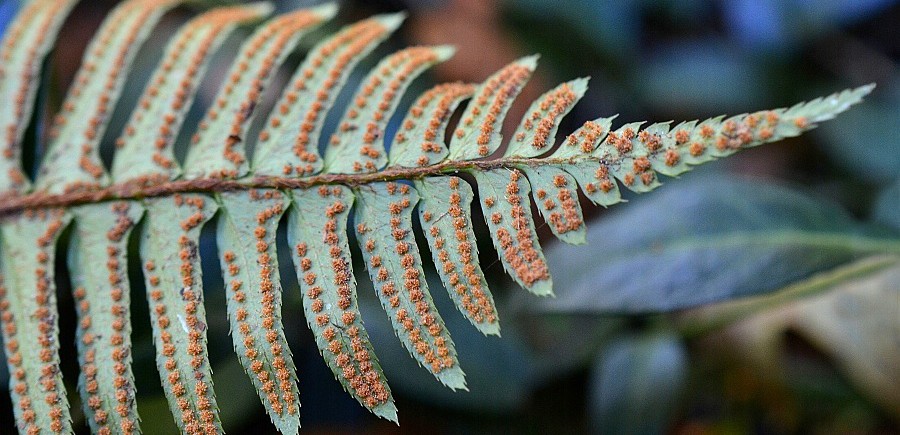
Fill your life with experiences, not things. Have stories to tell, not stuff to show.
Although it’s officially springtime, in the mountains, it still feels like winter. We’ve been spoiled with mild winters. With that in mind, we knew we were overdue, and nature had made up for lost time. The Cascade foothills, had eight, no, make that nine snowstorms, not counting the days it snowed instead of rained. There was also an ice storm, and extended bouts of cold, and brutal East Winds that caused subzero wind chills. On the rare day it didn’t snow, it rained; and when it wasn’t raining, it snowed. I can only recall a week of dry weather since early December, and that week was so cold and windy, time outdoors was limited.
The valley didn’t fare any better. Snow fell there as well, more-so than usual. When it changed to rain, it fell in torrents. Valley rivers rose, and rivers prone to flooding, flooded. As so often happens with so much rain, the land started to slide. While landslides aren’t unusual for Northwestern Oregon, they were more frequent than other years. With so much rain, February in Portland, Oregon was the wettest on record, 10.36 inches that broke the old record of 10.03 inches set during the flood years of 1995-1996.
February 2017 was extremely wet, setting a record for Portland with 10.36 inches that broke the old record of 10.03 inches of rain. March was also a soaker, and while it didn’t break any records (the record is 7.89 inches of rain) it came in fourth place with 7.26 inches of rain.
What little sun we were blessed with, we made the most of, and went in search of spring—destination unknown. I like not having a preplanned destination. Life is more interesting this way. We traded mountain sunshine for overcast skies in the valley, but at least it wasn’t raining. In West Linn, we found small signs of spring at Willamette Park. This is a small park along the Willamette River with a boat landing and dock that creaked and moaned against metal pilings. The river with its powerful undercurrent reflected gunmetal gray as smooth as polished steel. A pair of Canada geese stood next to a cottonwood watching our every move. The big tree, even at a distance, looked impressive as it lay on the bank like a dead elephant. How I would have liked to have met this tree before it fell.





At Bernert Landing, wood debris blocked the ramp to the river. Nearby, a trail with cottonwoods, madrone trees, and scouring rushes led to a large back-eddy. Along the way, robins chirped and sang making it feel all the more like spring. It wasn’t until rounding a bend in the trail that we were reminded of where we were. Urban trash, held by river currents displayed a mosaic of plastic bottles, frayed ropes, torn tarpaulin, beer bottles, tin cans, Styrofoam, and a rusty oil drum that floated like a dead bloated pig. It was a shameful sight. Across the eddy, we came to the mouth of the Tualatin River, a swift, powerful tributary with a voice that rose and fell with crashing waves of raw energy. Powerful and beautiful, it was music to the ears.

We left Bernert Landing with the sound of moving water still singing in our ears. Our next stop, though brief, was Hebb Park. Along the shore came a hint of spring announced in the melody of the song sparrow. In the midst of his serenade, history presented itself on a blue plaque at the top of a metal piling. It showed just how high the Willamette River had risen in the flood of 1996. An event neither of us will forget. Yet, on a day as calm as this, it was hard to imagine from where we stood that the river had been twenty feet over our heads.


We followed the river road—a narrow, hilly, curvy, country road that cut through a once oak forest. Oak forests were magnificent in their day. Sadly, development has reduced these forests greatly. Passing through oak grove dotted hillsides, I thought of the wild turkey, and how they love acorns, and reminded Chris to watch for them. No sooner did I get the words out when we saw a flock picking along the side of the road opposite our lane. We stopped to watch them. From our side of the road, several more with outstretched necks, eyed those across the road. I took photos through the windshield with my iPhone, and then left the turkeys to their acorn hunt.
To quote English poet and philosopher, Geoffrey Chaucer (1343-1400)—“All good things must come to and end.” And so it was. Not wanting to backtrack, we took a shortcut by way of the historic Canby Ferry (originally named the MJ Lee, for Millard Jerome Lee; the first child born in Canby in 1872) that would carry us across the Willamette River to Canby. The Canby Ferry has been operating since 1914. Guided by a cable, it is one of only three ferries operating in Oregon. The ride was smooth sailing, but over much too quickly.

Spring revealed itself in wonderful small doses of mild weather, peeling madrone bark, giant cottonwoods trees, wild gardens of scouring rushes, a pair of geese in love, wild turkeys in breeding colors, and the sounds of moving water. While our search for spring came in small doses, it did not disappoint.
All right reserved. Copyright 2017

You must be logged in to post a comment.